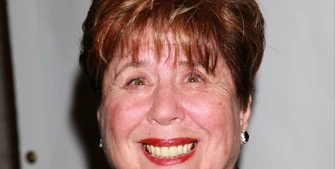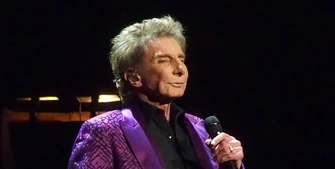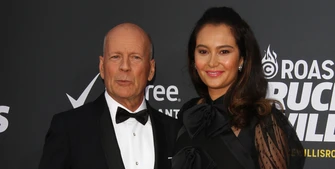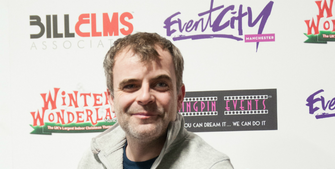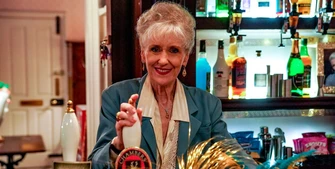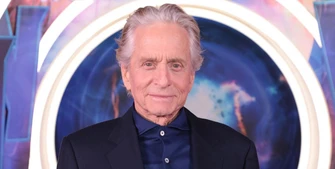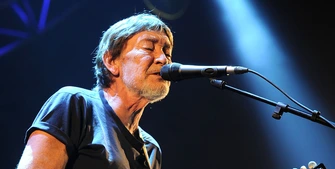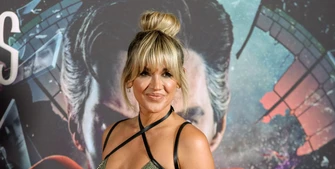Sting: AI is going to be a battle for the music industry
Sting has issued a warning to the UK over the increasing use of AI in music.
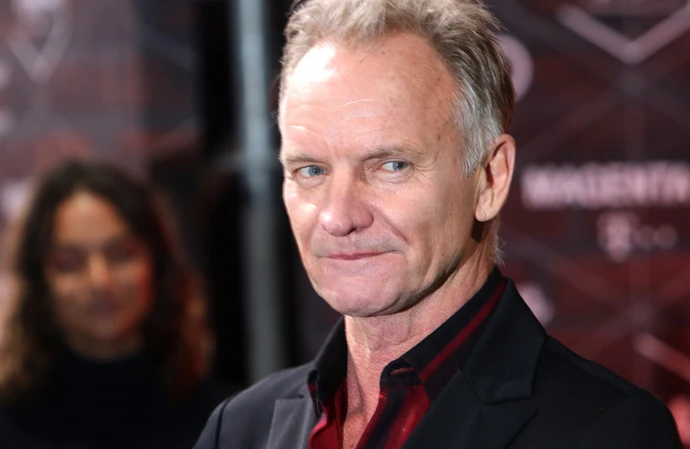
Sting says AI-generated songs might work for "dance music", but not songs "expressing emotions".
The 'Every Breath You Take' hitmaker, 71, has waded into the ongoing debate regarding the use of AI software to mimic well-known musicians and admitted it's "going to be a battle" for the music industry.
He told the BBC: “The building blocks of music belong to us, to human beings.
“That’s going to be a battle we all have to fight in the next couple of years: Defending our human capital against AI.
“The tools are useful, but we have to be driving them,” he said. “I don’t think we can allow the machines to just take over. We have to be wary.”
Sting compared AI to "boring" CGI effects in movies.
He added: “It doesn’t impress me at all.
“I get immediately bored when I see a computer-generated image. I imagine I will feel the same way about AI making music.
“Maybe for electronic dance music, it works. But for songs, you know, expressing emotions, I don’t think I will be moved by it.”
The Weeknd and Drake, The Beatles and Oasis have had their vocal likeness appear in songs using AI.
Nick Cave is also among the artists who cannot stand AI.
The ‘Into My Arms’ hitmaker does “not feel the same enthusiasm” for songs created by software such as ChatGPT and he's raised concerns.
The 65-year-old musician wrote on his blog The Red Hand Files for his January entry: “Since its launch in November last year many people, most buzzing with a kind of algorithmic awe, have sent me songs ‘in the style of Nick Cave’ created by ChatGPT. There have been dozens of them. Suffice to say, I do not feel the same enthusiasm around this technology.
"I understand that ChatGPT is in its infancy but perhaps that is the emerging horror of AI – that it will forever be in its infancy, as it will always have further to go, and the direction is always forward, always faster.”
Nick deemed that music ought to stem from “suffering” from a real emotion experienced by a living and breathing person and not a machine.
He continued: “Songs arise out of suffering, by which I mean they are predicated upon the complex, internal human struggle of creation and, well, as far as I know, algorithms don’t feel. Data doesn’t suffer. ChatGPT has no inner being, it has been nowhere, it has endured nothing, it has not had the audacity to reach beyond its limitations, and hence it doesn’t have the capacity for a shared transcendent experience, as it has no limitations from which to transcend.
“ChatGPT’s melancholy role is that it is destined to imitate and can never have an authentic human experience, no matter how devalued and inconsequential the human experience may in time become.”
The ‘People Ain’t No Good’ singer branded such songs “a grotesque mockery”.
Nick added: “Mark, thanks for the song, but with all the love and respect in the world, this song is bulls***, a grotesque mockery of what it is to be human, and, well, I don’t much like it – although, hang on!, rereading it, there is a line in there that speaks to me – ‘I’ve got the fire of hell in my eyes‘ – says the song ‘in the style of Nick Cave’, and that’s kind of true. I have got the fire of hell in my eyes – and it’s ChatGPT.”

